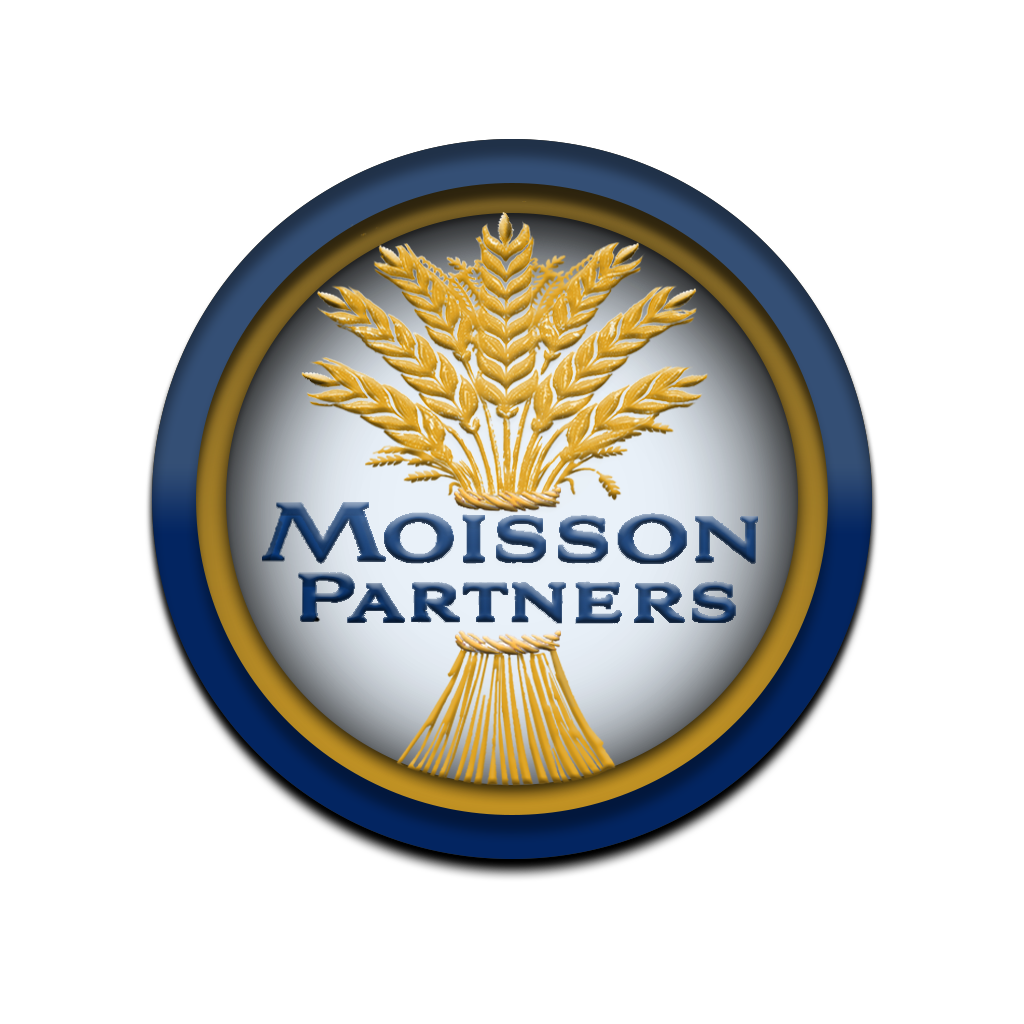We talk often about the difference between a practice and a business. For our purposes a practice is a profitable endeavor that requires your participation. A business is an endeavor which will serve clients profitably whether you are working in it or not. Here is the test: Suppose you take a year off to travel abroad with your spouse or significant other and check in once a quarter, to check the metrics of your employees and your balance sheet. Would you have a business when you returned from Tahiti or a Greek Island? If you will, and especially if it would have grown, congratulations! You have a business. If not, you have a practice.
There is nothing wrong with having a practice. Some advisors prefer to go this route for their entire careers. They may have an issue when it comes to continuity and succession planning, but with proper planning, even those issues can be addressed if you have a practice. The challenge arises when you kid yourself about what you have.
Many years ago, there was an interview in the Dallas Morning News, with Fred Trammell Crow, the founder of Trammell Crow, one of the nation’s leading commercial real estate developers and investment companies. Mr. Crow who was in his mid to late 80’s at this point, (he died at age 94), was asked, “How did you do it?” His answer was that he, “Started off small and got less small as time went on.” Now, make no mistake about it, Trammell Crow had a great business; at the time, he was said to manage a great deal more real estate than the better known Donald Trump. Nevertheless, the comment has stuck with me and I believe describes very well the way many of our advisors grow their firms.
Does this sound familiar? You start out by yourself and as you acquire more clients and assets, the paperwork gets too much to handle, so you hire an assistant. Then you decide again that there is too much paperwork so you hire an intern or another assistant and on and on until you have 3,4, or even 10 people working in the firm. Quick, show me your business plan. Not your marketing plan, but your overall business plan. You do not have one? You are getting less small.
Getting less small, without careful consideration to the ramifications to rapid growth in employees and even clients, can cause issues with your service model, (your fee for service), employee compensation decisions, your ability to meet with clients, knowing when and who to hire, (or fire), and work flow issues. It makes it hard for revenue to keep up with expenses. Most of all, it impedes your ability to grow the firm’s profitability and value, even as your revenue grows. I cannot begin to tell you how many advisors I talk with at late stages of their careers who have been high producers, but are finding it difficult to retire because of the negative effects of the issues mentioned in this paragraph.
By comparison, getting bigger denotes planning every area of your firm and then integrating everything in a cohesive business plan. It means keep the right metrics to tell you how you are doing and how and when to make decisions that affect your business. You want to work toward a situation that allows you to take that year off, even if you do not take it. Why? The answers are endless, not the least of which is the fact that sometimes life requires you to take the time off when you least expect it or want it. The processes and procedures you develop and the accompanying metrics will allow you to be more productive, more profitable, and service a lot more clients and assets. In short, your business is scalable, because you have the answers to most growth questions at your fingertips. It will also allow you to develop a very valuable, actively managed investment; your practice or business.
Casey M Corrie is the Founder and President of Moisson Partners, Inc. Write to him at ccorrie@moissonpartners.com.
